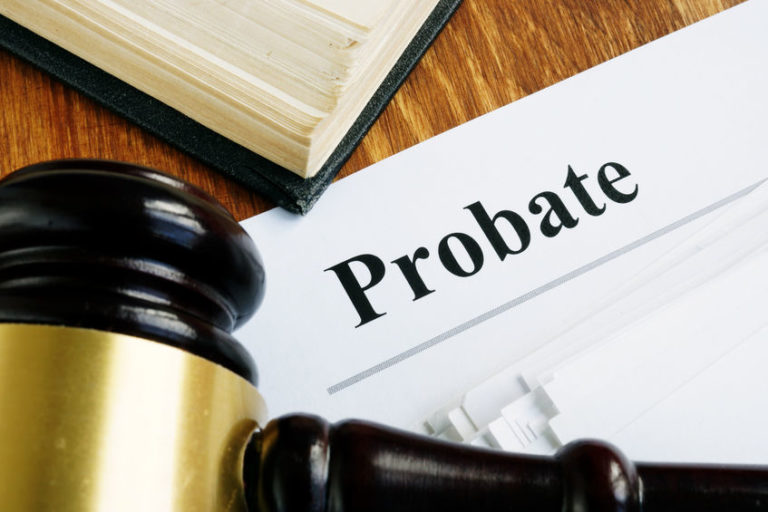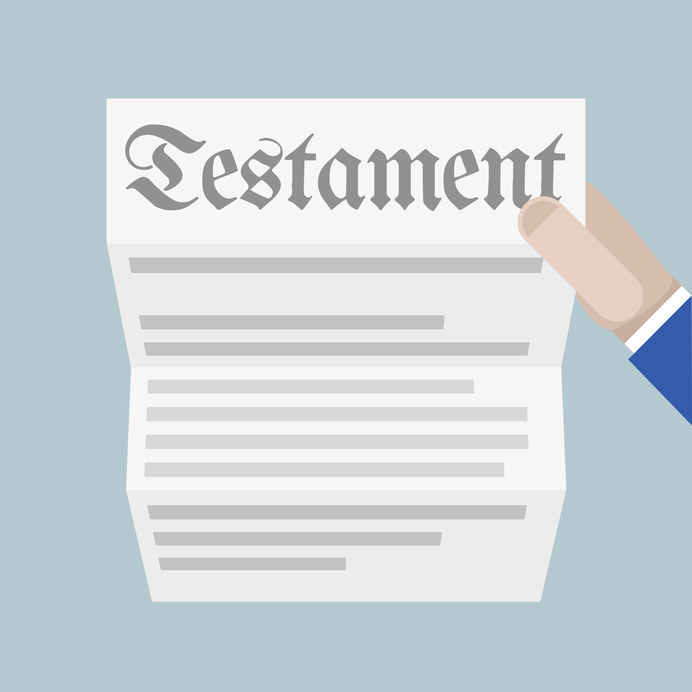
Does a Testamentary Trust Avoid Probate?
A testamentary trust will not avoid probate. In order to understand why, it is important to first understand what exactly

A testamentary trust will not avoid probate. In order to understand why, it is important to first understand what exactly

It takes two to tango and two to get divorced. If a spouse dies, in Florida, prior to a divorce

A notice of related cases is a form that must be filed by a petitioner along with the initial pleading

Probate is a court process that is used to determine the authenticity of a will as well as to administer the estate of the deceased individual. Through probate, the court supervises the payment of all the debts of the decedent to his creditors. Subsequently, the court administers the distribution of the assets of the estate to its beneficiaries in accordance with the will of the decedent. In case of an absence of the will, the court will arrange the asset distribution according to the laws of intestacy of the applicable state.

Avoiding probate is usually something most (if not all) estate planning attorneys advocate for several reasons: privacy to you and

While the show is fictional, the reality is that succession planning is an important aspect of estate planning that should be fully integrated into your plan, especially for business owners. A solid estate plan not only provides for the disposition of your assets upon your passing but also plans for someone to take your place (a successor) when you are no longer able to perform your responsibilities due to incapacity or death.

Trusts allow a third party, or trustee, of your choosing, to hold assets on behalf of a beneficiary or beneficiaries. One of the great factors of a trust, is that trusts tend to avoid probate. Probate is the process after a person passes or becomes disabled; their assets are put on hold until the will is validated, any remaining debt is paid off, and the beneficiaries of the will are identified. Probate can be a long and stressful process for your loved ones.

The Florida Spousal Elective Share is a statutory right created by the legislature that is available to the surviving spouses of persons who were domiciled in Florida at the time of their death.

The primary probate proceeding is usually held in the decedent’s state of residence or home state. However, a state probate court only has authority over property in its own jurisdiction; it does not have the power to issue orders for property that is located in another state. Therefore, an additional probate proceeding becomes necessary.

Unfortunately, the passing of a young and healthy individual like Bryant occurs more often than one would like to acknowledge and does not make headline news. When these ill-fated events take place, families are often left to mourn the death of a loved one while also navigating the complexities of administering an estate that was not properly planned.
Con estos libros guía, aprenderás cómo iniciar tu negocio de la manera correcta y proteger tu marca. Descarga las guías gratuitas ahora y da el primer paso hacia el logro de tus metas.